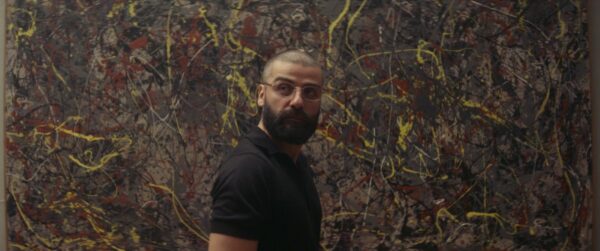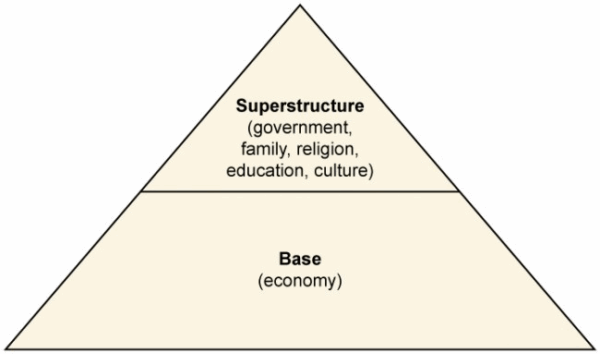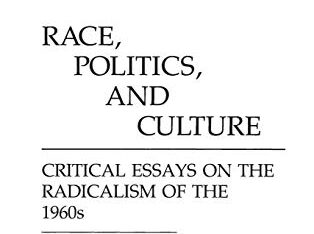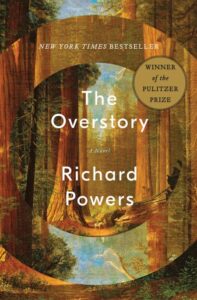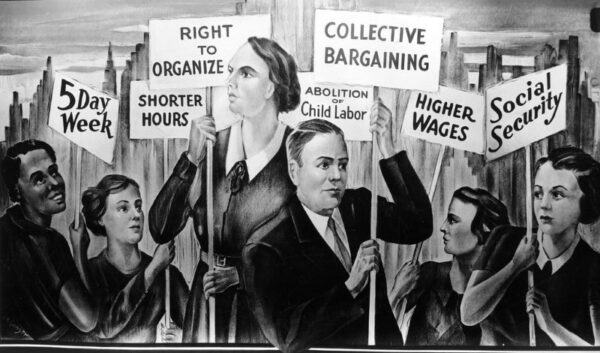
Looking Backward to Counter Mysticism and Despair
Because even structuralists like Reuther and Charles Killingsworth shared with the Keynesians the viewpoint that interests of capital and labor were harmonizable and that economic problems were therefore fundamentally technical, the deeper political significance of the differences went unnoticed, or at least unremarked upon. The effect was to obscure the systemic roots of economic inequality in American capitalism, in fact eventually to render it invisible as inequality.

